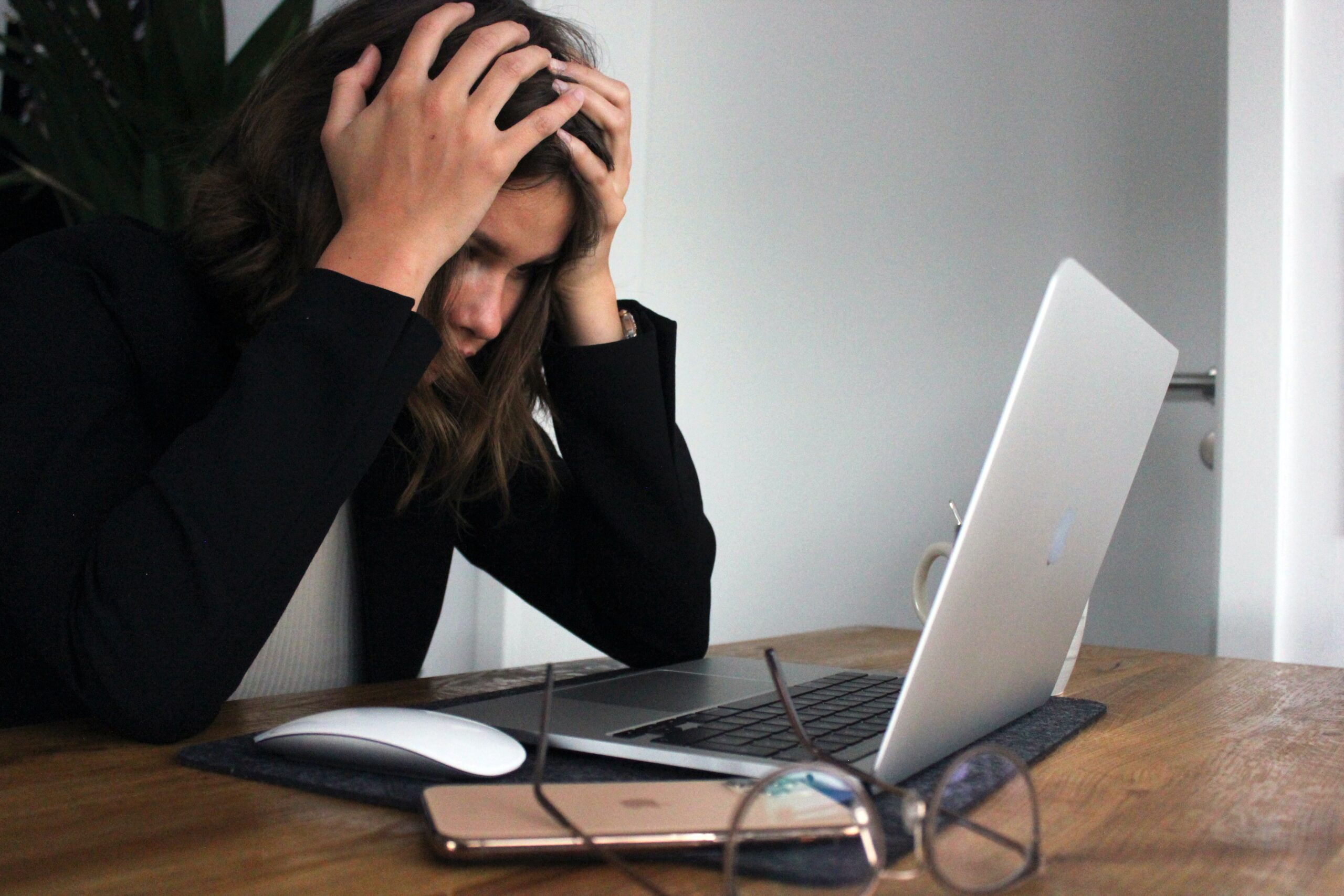15 Stress Busters: What You Can Do to Address Stress and Enhance Mental Wellbeing

Stress is an inevitable part of life, and it can have a significant impact on our mental and physical health. However, there are various strategies and techniques that can help us manage and reduce stress levels. In this blog post, we will explore 15 stress busters that you can incorporate into your daily routine to address stress and enhance your mental wellbeing.
1. Practice Deep Breathing
Deep breathing exercises are a simple yet effective way to reduce stress. Take a moment to focus on your breath, inhaling deeply through your nose and exhaling slowly through your mouth. This can help calm your mind and relax your body.
2. Engage in Regular Exercise
Exercise is not only beneficial for our physical health but also for our mental wellbeing. Engaging in regular physical activity, such as walking, jogging, or yoga, can help reduce stress and improve your mood.
3. Try Meditation
Meditation is a practice that involves focusing your attention and eliminating the stream of thoughts that may be causing stress. It can help you achieve a state of deep relaxation and promote a sense of calmness.
4. Connect with Nature
Spending time in nature can have a therapeutic effect on our mental wellbeing. Take a walk in the park, go hiking, or simply sit in your garden and appreciate the beauty of the natural world around you.
5. Practice Mindfulness
Mindfulness involves paying attention to the present moment without judgment. It can help you become more aware of your thoughts and emotions, allowing you to better manage stress and improve your overall wellbeing.
6. Engage in Creative Activities
Engaging in creative activities, such as painting, writing, or playing a musical instrument, can provide a sense of relaxation and help you express your emotions in a healthy way.
7. Prioritize Self-Care
Make self-care a priority in your life. Take time to engage in activities that you enjoy, such as reading a book, taking a hot bath, or practicing a hobby. Taking care of yourself is essential for managing stress.
8. Maintain a Healthy Lifestyle
Eating a balanced diet, getting enough sleep, and avoiding excessive alcohol and caffeine consumption can all contribute to better stress management and improved mental wellbeing.
9. Practice Gratitude
Take a moment each day to reflect on the things you are grateful for. This simple practice can help shift your focus from stress to gratitude and promote a positive mindset.
10. Seek Support from Loved Ones
Reach out to your friends and family for support when you’re feeling stressed. Talking to someone you trust can provide a fresh perspective and help alleviate stress.
11. Set Realistic Goals
Setting realistic goals and breaking them down into smaller, manageable tasks can help reduce stress and increase your sense of accomplishment.
12. Practice Time Management
Effective time management can help you prioritize tasks, reduce procrastination, and create a sense of control over your daily activities, ultimately reducing stress levels.
13. Disconnect from Technology
Constant exposure to technology can contribute to stress and overwhelm. Take regular breaks from screens and engage in activities that allow you to disconnect and recharge.
14. Laugh and Have Fun
Laughter is a powerful stress buster. Watch a funny movie, spend time with loved ones, or engage in activities that make you laugh and bring joy into your life.
15. Seek Professional Help
If stress persists and begins to interfere with your daily life, it may be beneficial to seek professional help. A mental health professional can provide guidance and support tailored to your specific needs.
Incorporating these stress busters into your daily routine can help you address stress and enhance your mental wellbeing. Remember, it’s important to find what works best for you and make self-care a priority. Take small steps each day towards managing stress, and you’ll gradually experience the positive effects on your overall wellbeing.








